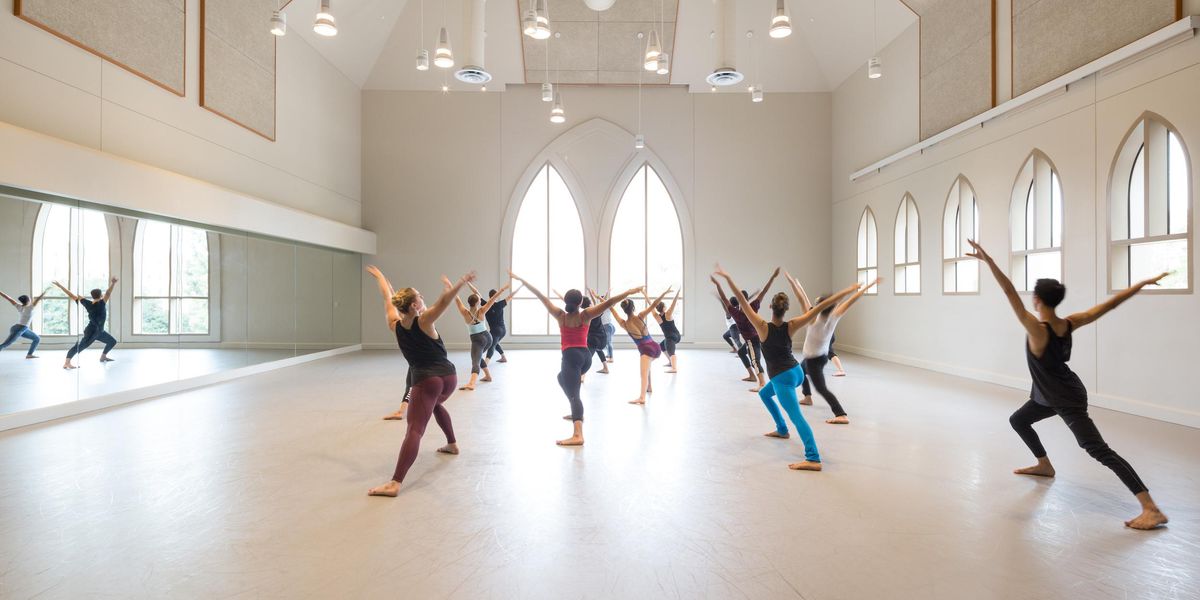Can Dance Training Cause Psychological Harm?
Photo by Rachel Papo for Pointe
Any dancer could tell you that spending hours in front of a mirror being corrected every day will affect you psychologically. Sure, it can create incredible discipline and inner strength. But dancers are also known to be susceptible to issues like perfectionism and eating disorders.
Now, a new study out of Portugal shows that dance training—particularly in ballet—might be associated with additional mental health problems.
Based on questionnaires filled out by 113 self-selected participants, researchers found that ballet students had higher psychological inflexibility than non-dancers.
What does that mean? Dance students can be excessively preoccupied with internal events like emotions, thoughts and memories. That can change the way you perceive experiences, increasing your fear of failure and making you want to avoid uncomfortable situations. Unfortunately, those traits are associated with anxiety and depression in adolescents.
The research, published in the journal Psychology of Music, compared the answers of 33 dance students with 39 music students and 41 who don’t study either. All were between the ages of 9 and 16. It’s admittedly a small sample size, yet the results are still intriguing.
Photo by Thinkstock
“Similar to many sports, ballet involves discipline and physical demands, competitiveness, highly critical and perfectionist attitudes of trainers, and acceptance of emotional and physical suffering,” the researchers write. They also point out ballet’s pressures to maintain a low body weight.
Put all those demands together, and it’s not hard to see why dancers may become obsessed with what’s going on inside their heads, and do whatever they can to avoid negative thoughts, or experiences that bring them up.
So what can dancers do to stay healthy?
Teachers need to be aware of the problem so they can use healthier “behavioral techniques” (although the researchers don’t exactly explain what those are). Parents can also play a role by helping students cope with negative emotions and by encouraging them to accept challenges.
For dancers, what it comes down to is this: Rather than cut yourself off from your feelings—both the good and the bad—work on learning to embrace and express them. And what’s a better way to do that than through dancing?





